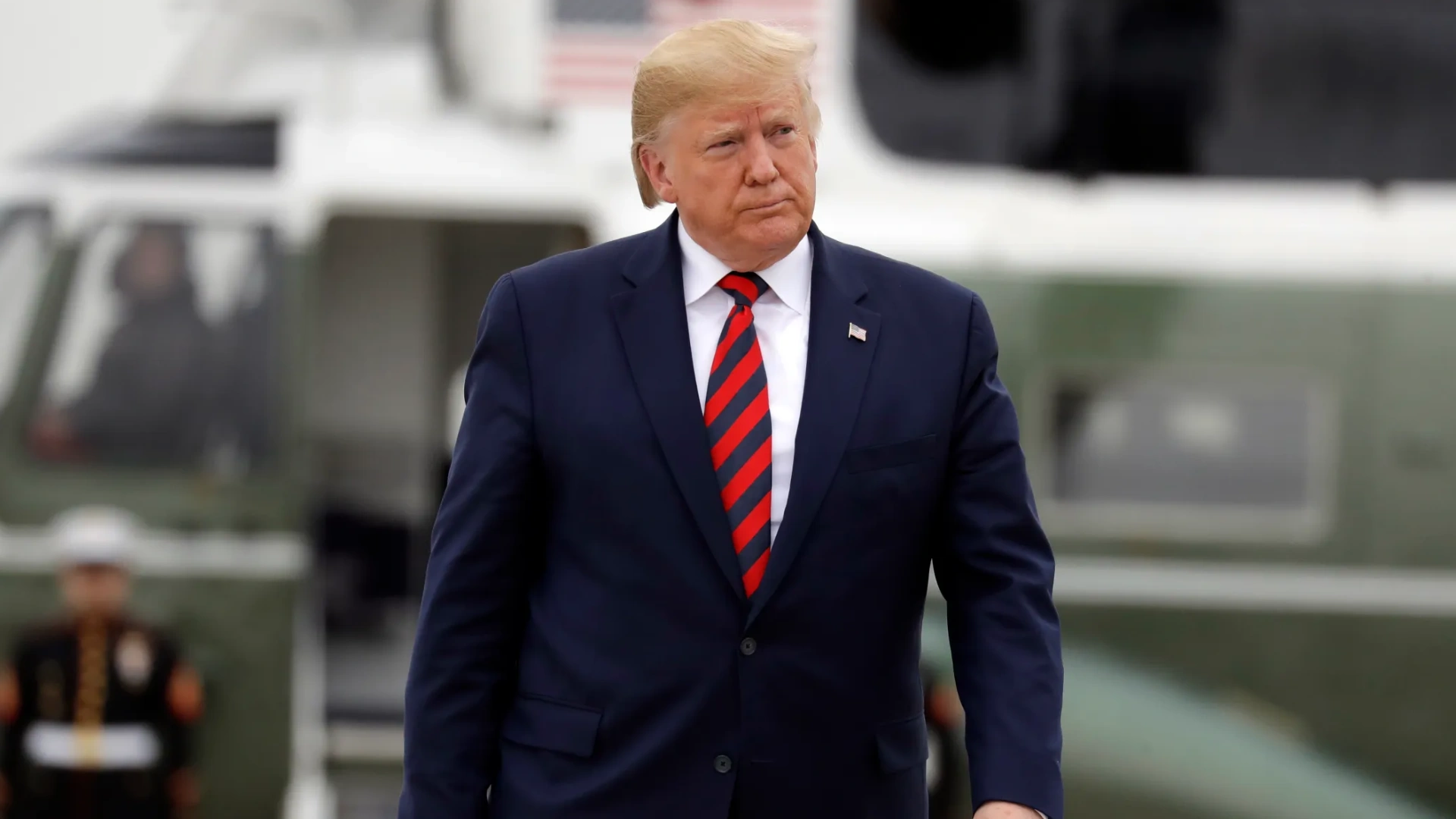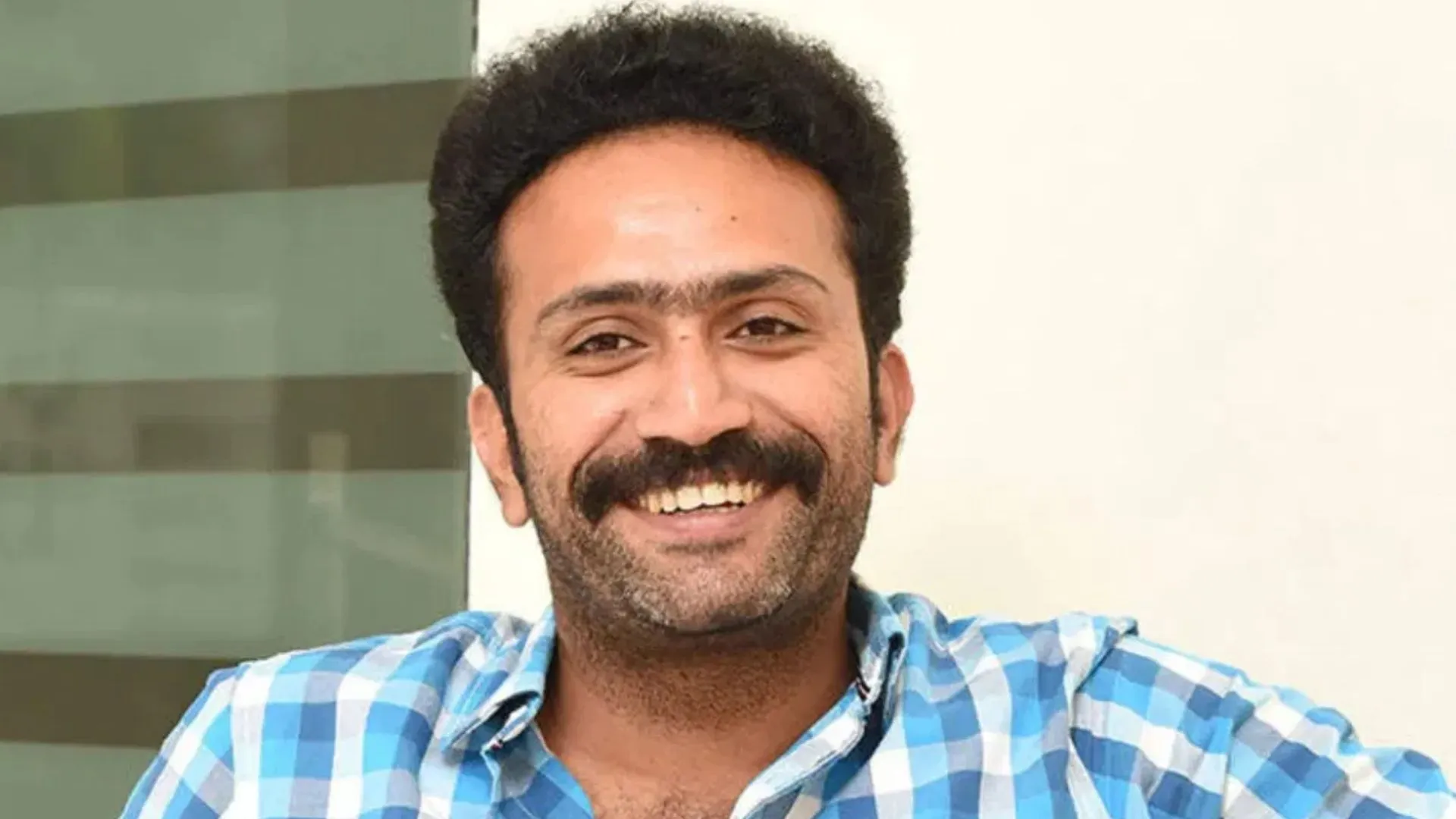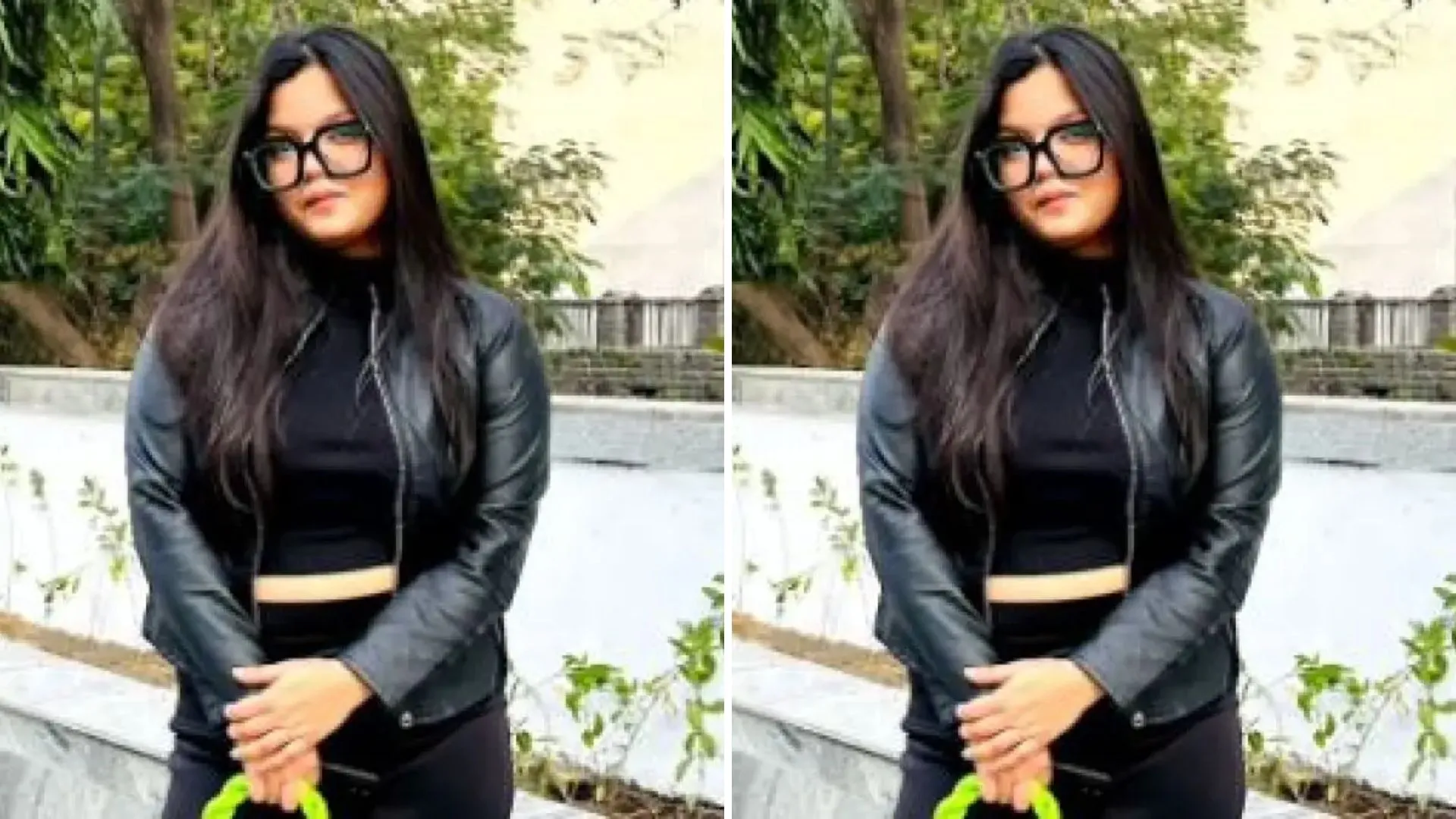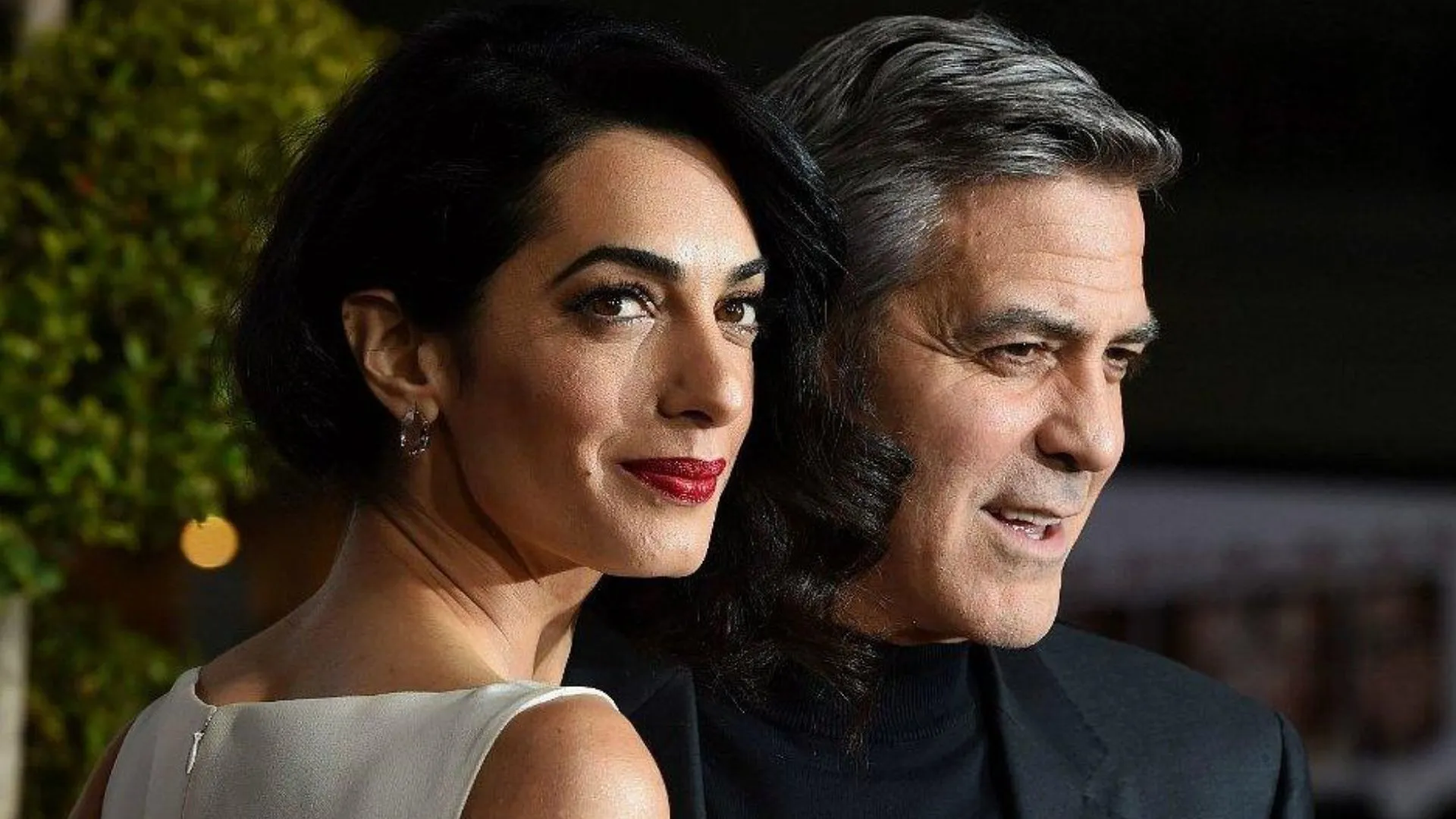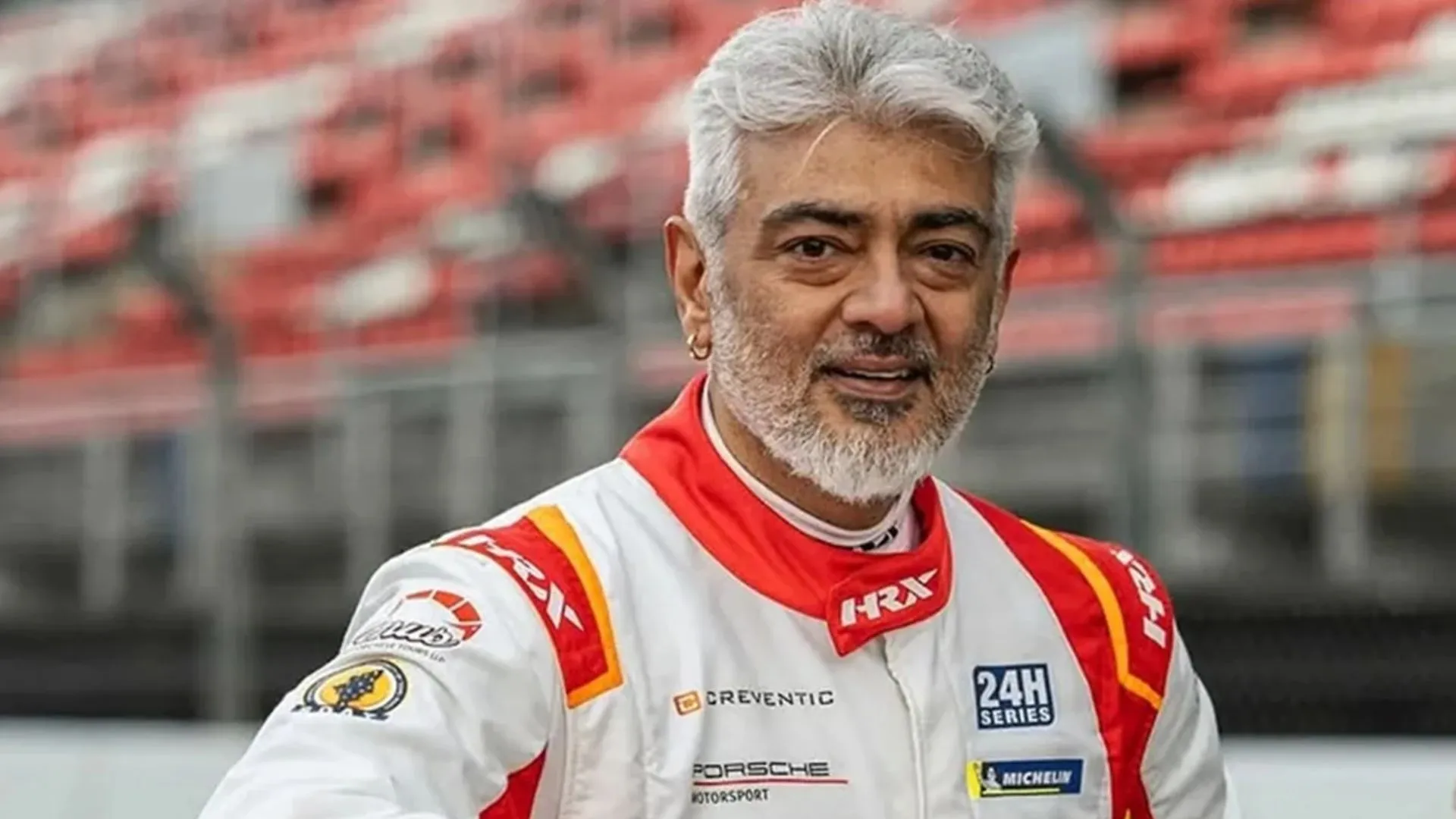In a historic and unprecedented ruling, President-elect Donald Trump was sentenced to unconditional discharge in the hush money case by Judge Juan Merchan. This outcome allows Trump to avoid imprisonment, fines, or probation, marking a remarkable chapter in US legal and political history.
This case revolved around Trump’s alleged falsification of business records to conceal payments made to adult film star Stormy Daniels during his 2016 presidential campaign. Prosecutors argued that these payments aimed to suppress damaging allegations about Trump’s behavior, constituting an illegal campaign contribution under New York law.
The trial unveiled a web of alleged collusion involving Trump, his former lawyer Michael Cohen, and tabloid executive David Pecker to suppress negative stories about Trump’s personal life. Witnesses testified that Trump feared these revelations could derail his campaign, particularly after the infamous Access Hollywood tape, where he made lewd comments about women, emerged.
Despite a guilty verdict delivered on May 30, Trump’s sentencing was delayed multiple times. The US Supreme Court’s July 1 ruling granting broad immunity to presidents further complicated proceedings. Trump’s legal team argued that presidential immunity extended to him as president-elect, delaying the final decision until January 10.
Throughout the trial, Trump vehemently denied wrongdoing, framing the case as politically motivated. He frequently violated court gag orders, resulting in contempt charges.
Judge Merchan’s decision to impose an unconditional discharge reflects a balance between upholding the law and recognizing the unique circumstances surrounding a president-elect. Trump, set to take office in 10 days, remains a polarizing figure, with this ruling adding another layer of complexity to his political journey.
ALSO READ: Los Angeles Fire: Is The Hollywood Sign On Fire? Viral Images Spark Panic


